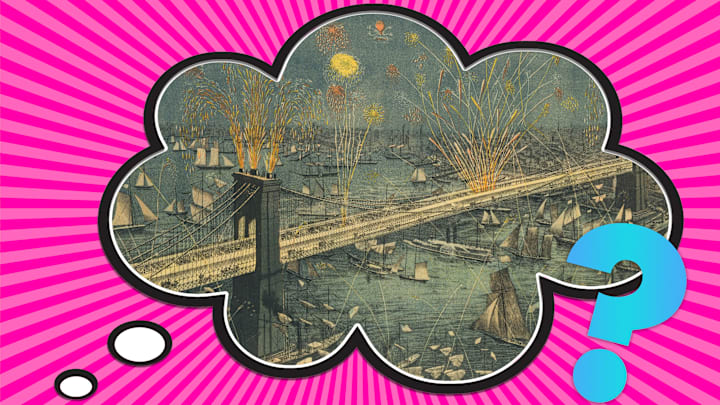When it comes to choosing whether to end an adjective with -ic or -ical, there aren’t really any overarching rules to help you. With some words, both suffixes are correct and can be used interchangeably, though one might be more common than the other—like metaphorical over metaphoric. One could even be so obsolete that it seems wrong: Scientifical, for example, is a real word, but people almost invariably opt for scientific these days.
- Knowing When to Use Historic vs. Historical
- Examples of Historic and Historical
- An Historic or A Historic
- The Etymology (and Original Meaning) of Historic
Knowing When to Use Historic vs. Historical
In other cases, -ic and -ical are both correct, but the words they create have separate meanings. Historic vs. historical is a special situation, because it technically falls into both of the aforementioned categories. According to the Oxford English Dictionary, the two terms both mean “relating to history; concerned with past events.” They also both mean “having or likely to have great historical importance or fame.” In short, anything you describe as “historic” can be described as “historical,” too.
However, as Grammarly explains, historical and historic aren’t necessarily considered synonyms in modern usage. Historical is most often used in the “relating to history” sense; historic in the “great historical importance” sense.
If, for example, you mention a “historic moment,” people will likely understand that you’re talking about a moment that made history because it was so important or noteworthy. If you mention a “historical moment,” on the other hand, people might just assume you’re referring to a moment that happened a long time ago.
Examples of Historic and Historical
Historic

- “Queen Elizabeth II is poised for another historic milestone, an unprecedented 65 years on the throne.” —Chicago Tribune, February 2017
- “The Grand River Dam Authority is preparing to break ground on its new combined cycle generation plant and students from Oklahoma public power communities are helping to commemorate the historic occasion.” —Sequoyah County Times, January 2015
Historical

- “Historical figures imagined and real, from Orpheus to Marie Antoinette, favored [the harp] above other instruments.” —The Washington Post, May 2015
- “In the 1970s, the Tarpon Springs Area Historical Society turned the building into a public history museum and a home for historical archives.” —Tampa Bay Times, June 2013
An Historic or A Historic
As for whether you should say “an historic moment” versus “a historic moment,” it’s up to you. According to Merriam-Webster, a or an were initially used in front of those words because the h wasn’t pronounced at that time. That’s not the case these days, and using an before h-words has all but died out, so you do run the risk of eliciting some eye rolls if you try to bring it back during a casual conversation. And, as Merriam-Webster points out, you’ll want to make sure to avoid any confusion with ahistorical, which means “not concerned with or related to history, historical development, or tradition” or “historically inaccurate or ignorant.”
The Etymology (and Original Meaning) of Historic
The word historic came into English via the Latin word historicus. When it was first used in the 1500s, historic was a noun that referred to “A historical work or subject; a history,” according to the OED. William Painter used it in his book The Palace of Pleasure Beautified, published in 1566: “Before the beginnyng of this historic, I haue thought good by waie of a Proeme, to introduce the wordes of an excellent writer called Lodouicus Caelius Rhodoginus,” he wrote. By the end of that century, historic was also used to refer to historians.
Read More Articles About Word Usage:
A version of this story ran in 2022; it has been updated for 2024.
